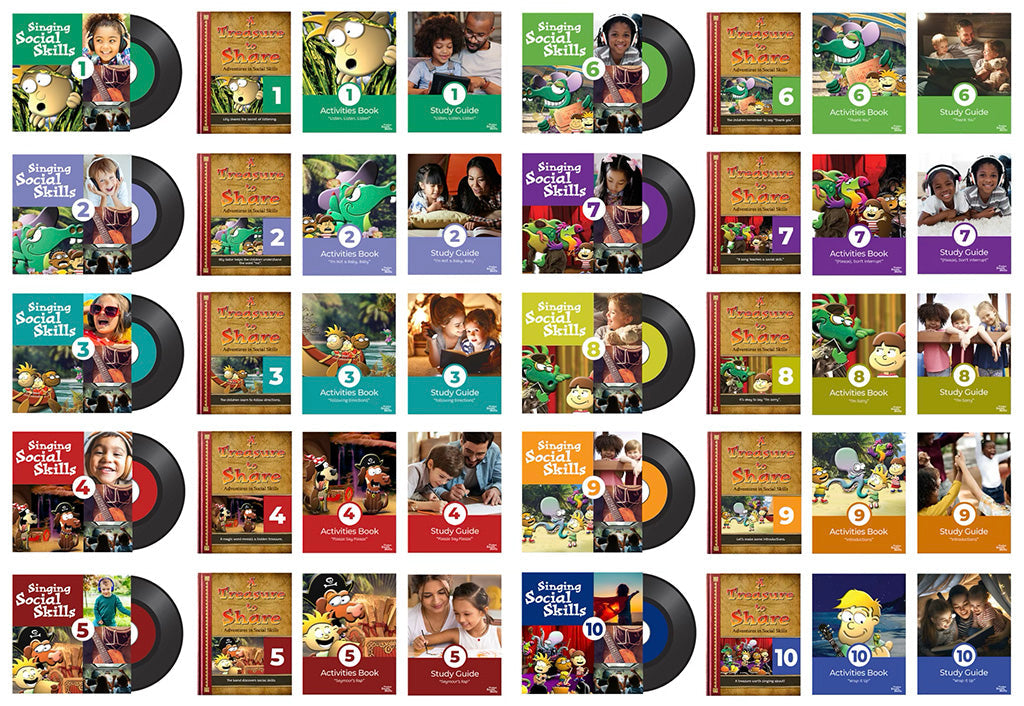Using Singing to Support Autism Spectrum Disorder Social Skills Development
Music has long been recognized as a powerful tool for communication and connection. For individuals with Autism Spectrum Disorder (ASD), singing can provide a structured and enjoyable way to develop essential social skills. Group singing activities create opportunities to practice communication, build confidence, and foster meaningful relationships.
How Singing Supports Social Skills Development
- Encourages Turn-Taking and Cooperation Singing in groups requires participants to listen, wait their turn, and collaborate. These activities help individuals with ASD practice patience, teamwork, and following social cues.
- Improves Emotional Expression Songs often convey emotions, making them an excellent tool for exploring and expressing feelings. Singing provides a safe space to practice identifying emotions and expressing them appropriately.
- Enhances Verbal and Nonverbal Communication Through lyrics and melodies, singing supports both verbal language development and nonverbal communication, such as gestures, facial expressions, and eye contact.
- Builds Predictability and Routine Many individuals with ASD thrive on routines and predictable patterns. Singing activities often involve repetition and structure, creating a comfortable environment for learning new skills.
- Boosts Confidence and Reduces Anxiety Participating in group singing can help alleviate social anxiety and build self-esteem. Performing in a supportive group reinforces a sense of achievement and belonging.
Singing Activities for ASD Support
- Call-and-Response Songs - Teach conversational turn-taking and encourage listening skills.
- Echo Singing - Reinforces imitation and repetition, aiding language development.
- Action Songs - Combine movement with music to enhance comprehension and engagement.
- Personalized Songwriting - Allows individuals to create songs about their experiences, emotions, or routines, promoting self-expression.
Why It Works
Music activates multiple areas of the brain simultaneously, supporting both cognitive and emotional development. The rhythmic and repetitive nature of singing makes it particularly effective for individuals with ASD, who may respond well to patterns and structure.
Final Thoughts
Singing offers a joyful and effective way to support social skills development in individuals with Autism Spectrum Disorder. It provides structured opportunities for practicing communication, emotional expression, and collaboration in a fun and engaging setting. Whether through group sing-alongs or personalized songwriting, the benefits of singing extend far beyond music, helping individuals with ASD connect, grow, and thrive.




